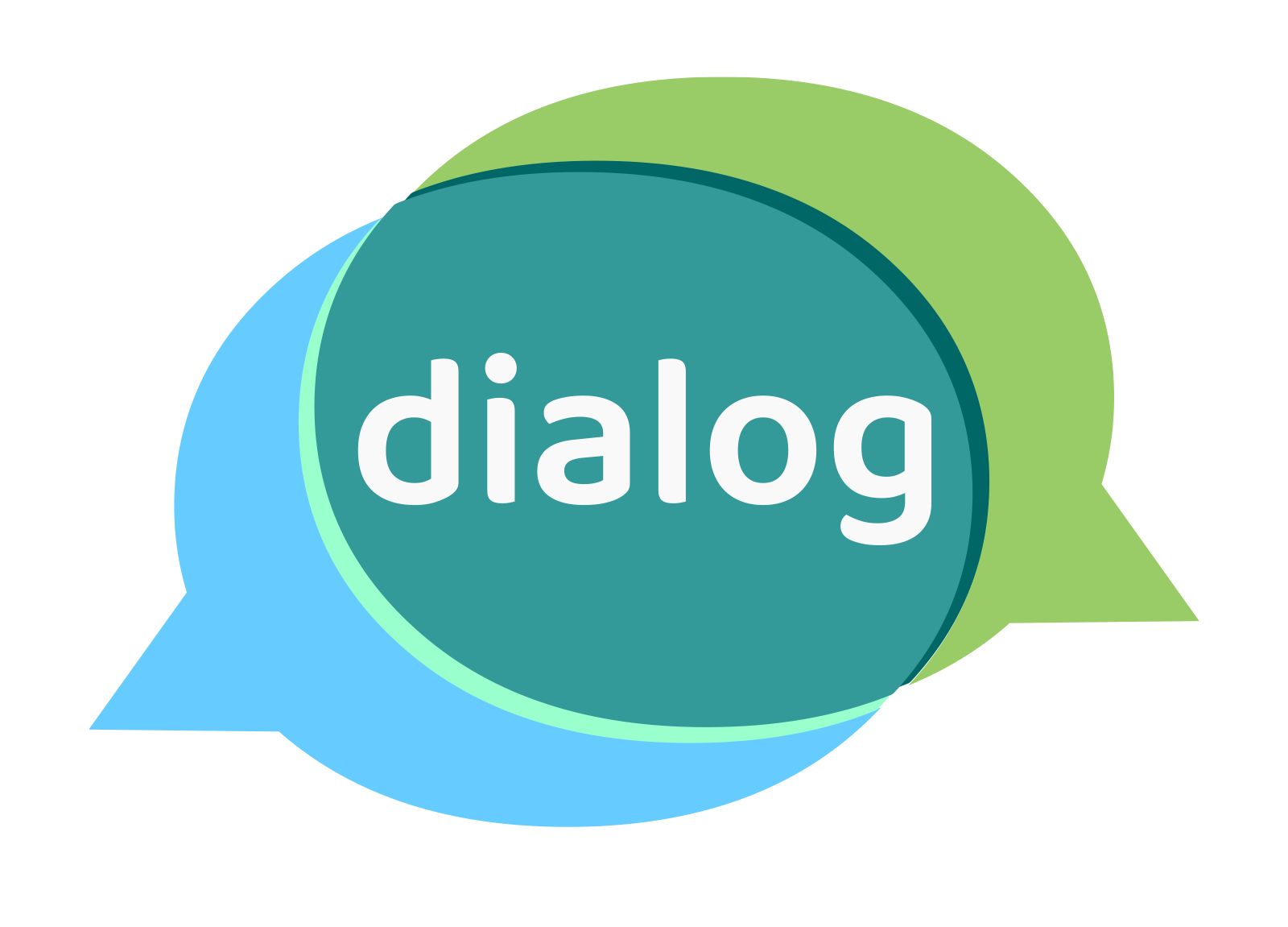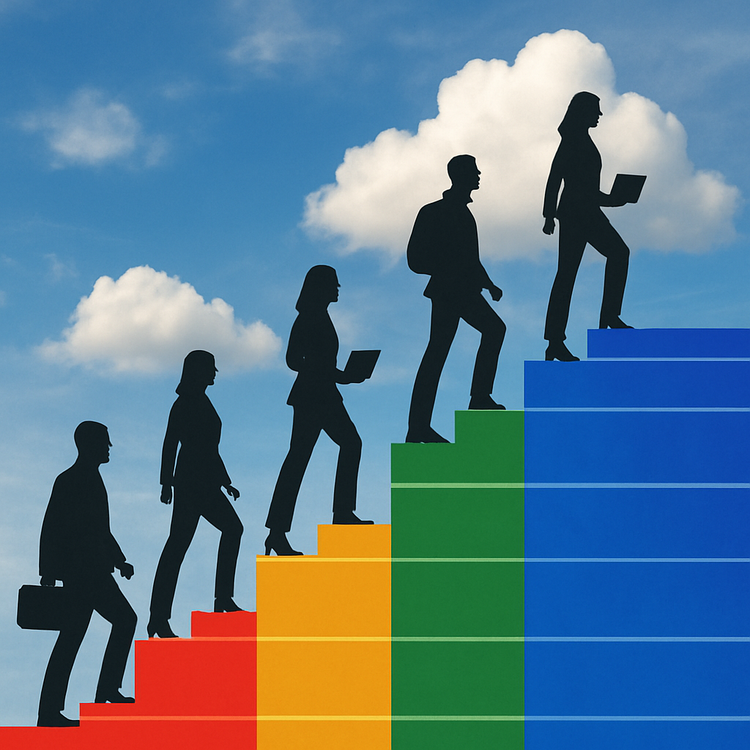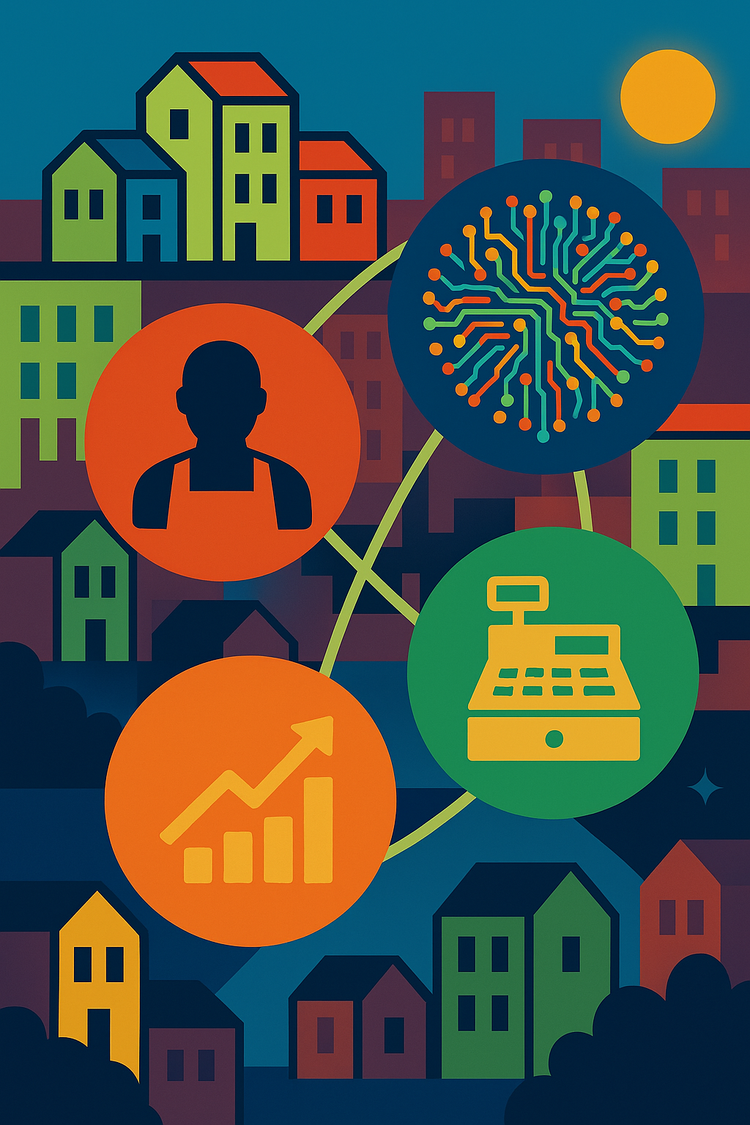OpenAI Mo, Klarna U-Turn, Fair Use Clarified, AI Social Penalty

OPENAI GAINING MOMENTUM VS. RIVALS
According to third party credit card spending data (Ramp), OpenAI "continues to add customers faster than any other business on Ramp’s platform," including competitors such as Anthropic and Gemini. This is monthly subscription spending. And it's just one data point – probably not a 1:1 reflection of the market as a whole. But it is a directional indicator that OpenAI seems to be outpacing rivals. (The company has something north of 500 million users overall.) Anthropic is growing but at a slower rate and, at least on Ramp's platform, Gemini is actually shrinking. Reportedly, Gemini subscriptions declined significantly from February to April. Ramp says that 40% of businesses are paying for AI, though this is not the entire universe of users. The US Census Bureau puts larger business AI adoption around 11%; its estimate is smaller for SMBs. Dialog survey data show higher SMB adoption levels: 39% said they were "actively using" AI tools in Q3 of 2024. While Google says it has 350 million Gemini users globally, one must question how "user" is defined. Google is effectively "forcing" Gemini and its variants on consumers through Gmail, Workspace, Search and Android. It may have powerful enterprise capabilities but it remains a kind of "me-too" offering and the Ramp data seems to reflect that.
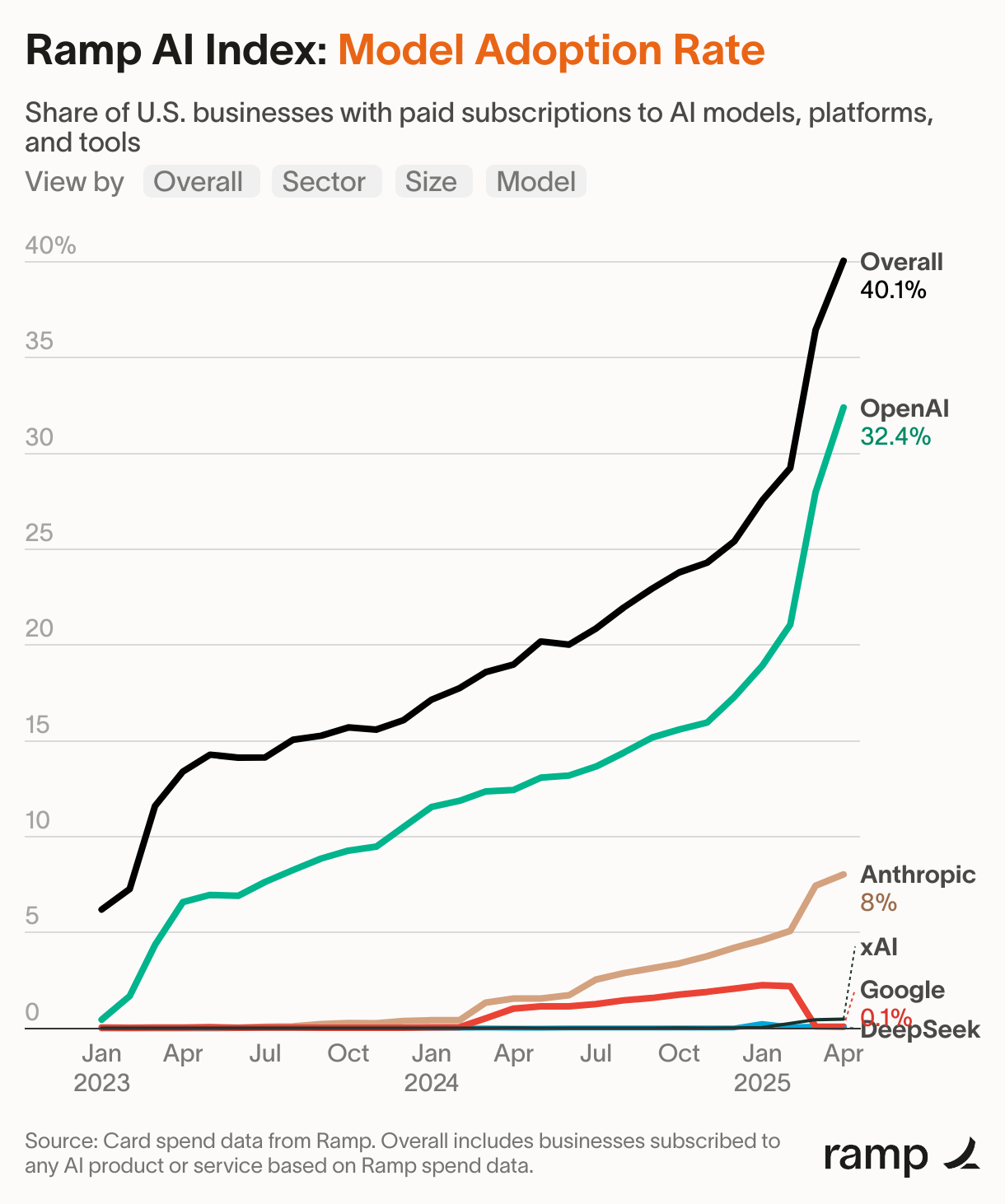

KLARNA'S CAUTIONARY TALE
Shopify and Duolingo have said no more humans will be hired unless AI can't do those jobs. Buy Now Pay Later provider Klarna used to be one of those companies. Two years ago it dramatically cut marketing and customer service teams and stopped hiring people, replacing them with AI in an effort to save millions of dollars. Ultimately it reduced headcount by 40%. Now the company is eating humble pie and hiring humans again for customer service roles. Why? Because AI produced lower quality work and customer experiences. CEO Sebastian Siemiatkowski acknowledged that the company needed human agent support to improve customer service outcomes and meet customer expectations. However the new recruits will be gig workers, a la Uber, rather than FTEs. Still, this is sobering for companies that see AI as a magical way to increase productivity while reducing overhead/headcout. It has to be deployed judiciously, otherwise it could wind up negatively impacting UX and, ultimately, the brand. In a related context, an IBM enterprise CEO survey found, "over the past three years ... only 25% of AI initiatives have delivered expected ROI."
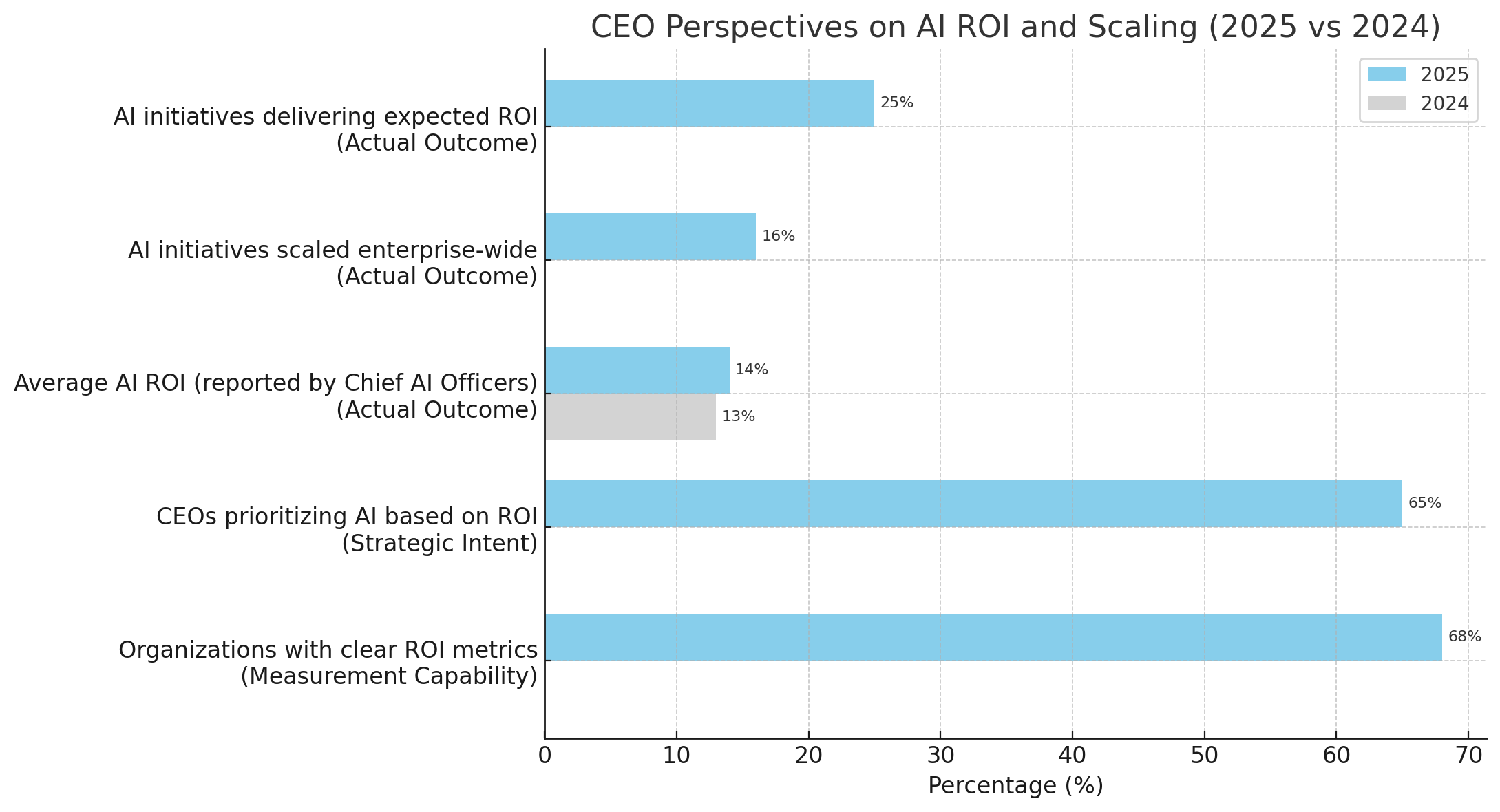

AI TRAINING NOT 'FAIR USE'
AI companies have been arguing that training AI on copyrighted material – or material publicly available online – constitutes "fair use" and thus a defense to claims of infringement, several of which are winding their way through the courts. New guidance issued by the US Copyright Office, rejects that blanket argument. The report reaffirms that fair use must be analyzed on a case-by-case basis and rejects the idea that all AI training is categorically fair use. The industry was trying to make fair use its version of Section 230 of the Communications Decency Act, which gives internet companies immunity for damages resulting from lax moderation and harmful content. Fair use requires courts to examine several factors: the purpose and character of the use, the nature of the original work, how much of the original work is taken, and the impact on its market value/potential. Most AI use cases are commercial and the training data are typically used in their entirety. This argues against the success of AI fair use in most cases. The bottom line: AI companies will continue to have to defend lawsuits case-by-case, which potentially exposes them to juries that will be more sympathetic to individual authors and artists.
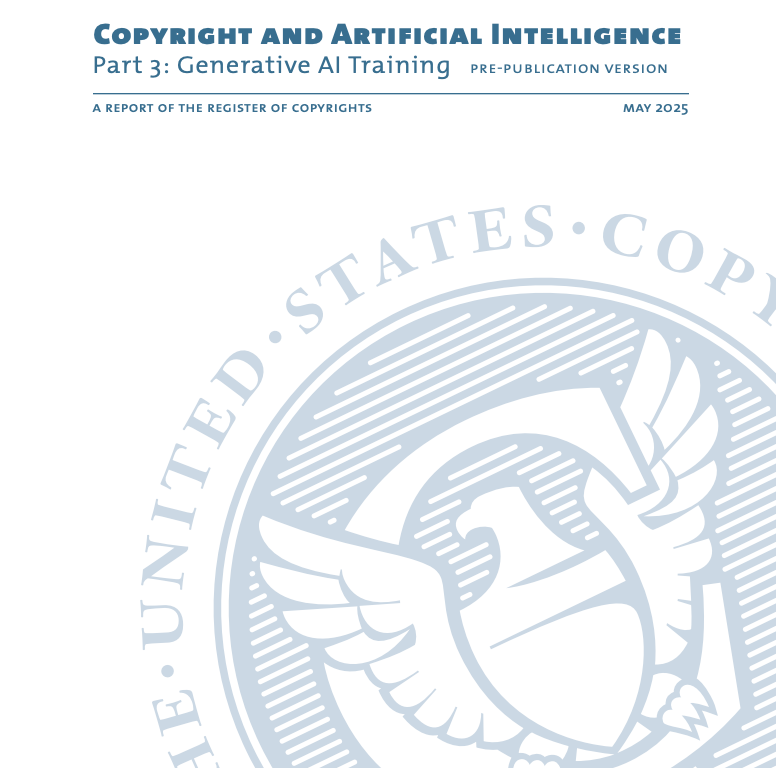

AI @WORK SOCIAL PENALTY
Anecdotally, it seems as though everyone is using AI all the time. Yet many bosses complain of slow uptake or employee resistance to adoption. For example, a March report from Writer found that almost a third of employees (especially Gen Z) were consciously undermining or "sabotaging" their companies' AI efforts. Yet a separate, more extensive survey from Slack saw mostly positive feedback from employees who used AI to perform job duties (higher productivity and satisfaction). At least some of these people are using AI without their employer's (and perhaps colleagues') knowledge. These competing findings hint at the complexity and ambivalence around AI in the workplace. Now a Duke University study adds another wrinkle: social disapproval of AI users. In different controlled experiments involving more than 4,000 people, Duke researchers found that people who use AI at work face bias and are often seen as lazier, less competent, and less diligent than those who don’t. The bias is strongest among those, whether managers or colleagues, who rarely use AI themselves. Amazing as it may seem, in some workplaces AI use can harm professional reputations, another hidden obstacle to adoption.
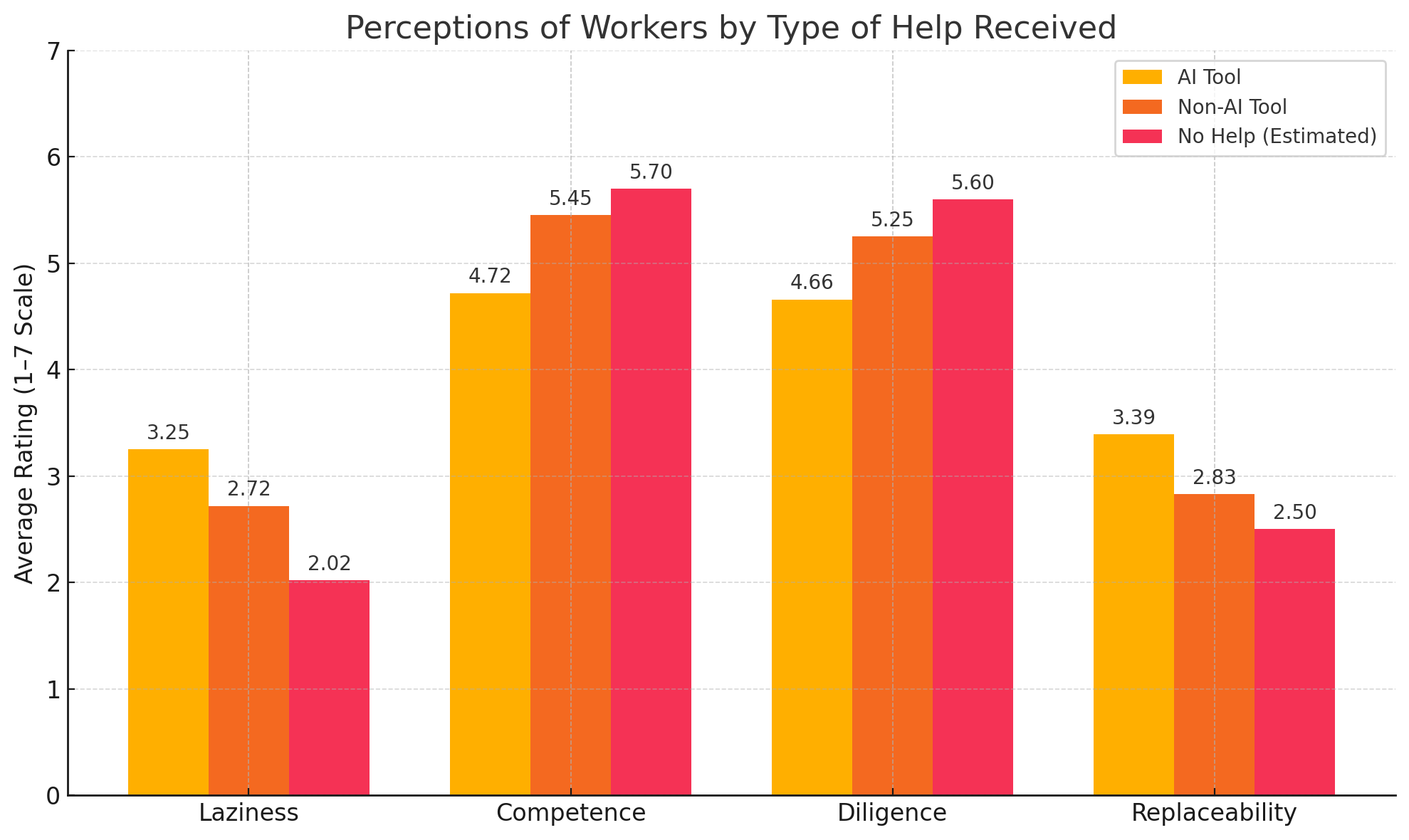

TARIFFS ARE KILLING SMBS
NBC reporters turned to Reddit to get some first-person input from small business owners on how the current economy and tariffs are impacting them. There are nearly 500 comments in the thread. They express a range of opinions and reactions, but are mostly negative and fearful. They complain about uncertainty and volatility. They're stockpiling inventory, not hiring, delaying new products and generally putting plans on hold. These SMBs also lament sharp supplier cost increases, many of which they can't pass on to customers. Many of the commenters said they have already laid people off and scaled down operations. They report that they cannot simply shift sourcing and manufacturing to the US for multiple reasons. And many predict the tariff impact will be like COVID when businesses were forced to close. Some business owners also say it's extremely challenging to understand what the rules are. They express stress, burnout, frustration, and a sense that small business owners are being "sacrificed." There's a uniform sense of an economy quickly slowing down as customers pull back. Other data, however, are more sanguine.

SALESFORCE'S CEO ON AI-SAAS DISRUPTION
Marc Benioff, Salesforce CEO, has bet the future of his company on AI. In a recent interview with the Financial Times, he expounds on multiple AI topics and controversies. Benioff sees AI as a necessary driver of productivity and GDP growth going forward. He also acknowledges that many jobs will be lost. But, like others, he sees this as the inevitable byproduct of a structural technology transition, similar to past industrial phases. On the other hand, he argues, AI models are quickly becoming commoditized and praises open-source AI. Salesforce has chosen to not develop a proprietary AI platform and instead remain platform agnostic to accommodate customer preferences. Asked whether Salesforce will be disrupted by AI, Benioff acknowledged the possibility but thinks he can still win by being the bridge between internal client data and various external AI models. What he underestimates, however, is the pent-up demand for cheaper more user-friendly alternatives to his own product.
If you're not getting this in your in-box, you know what to do...
